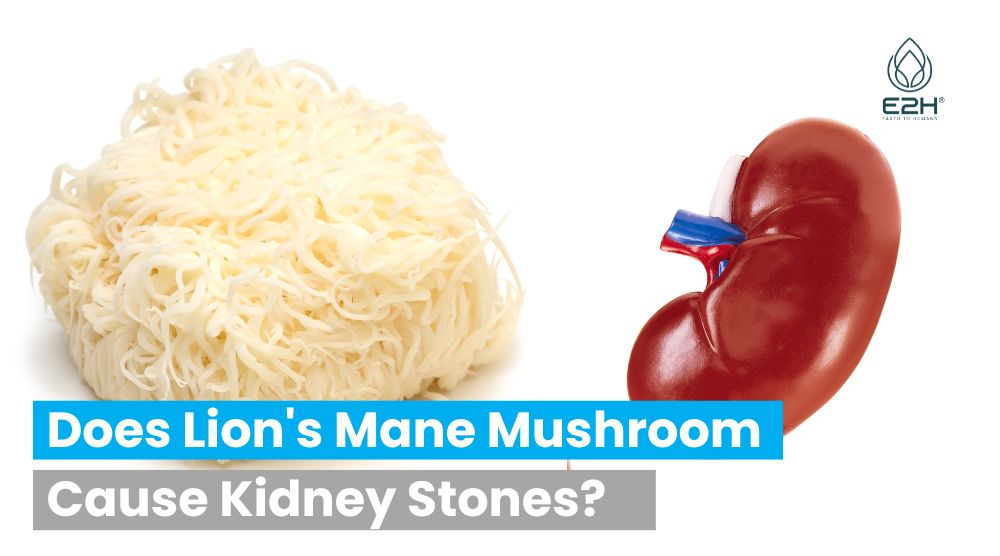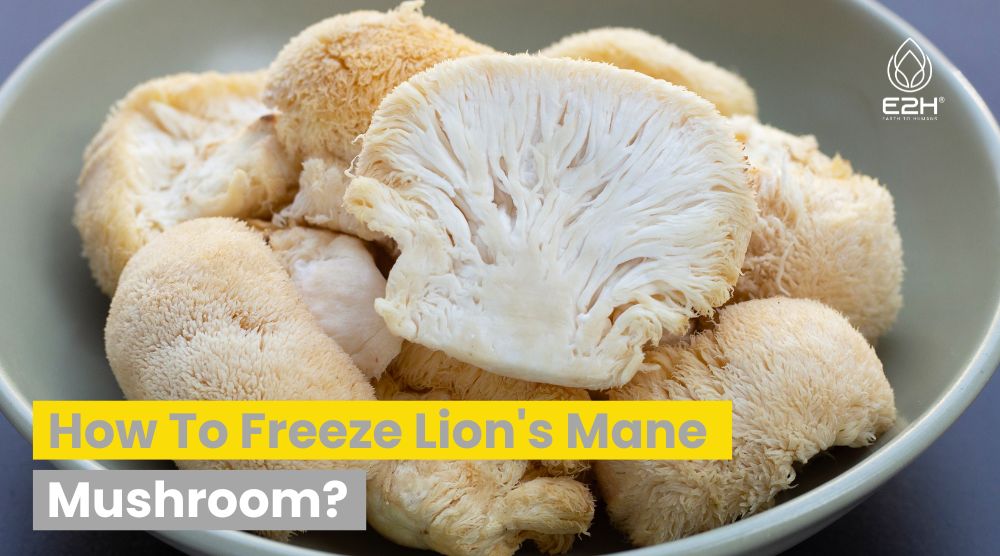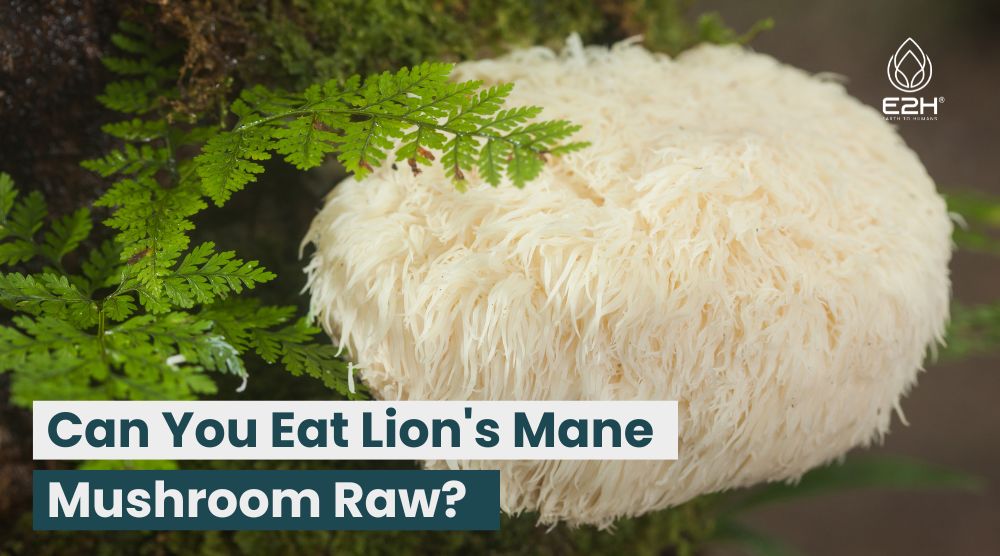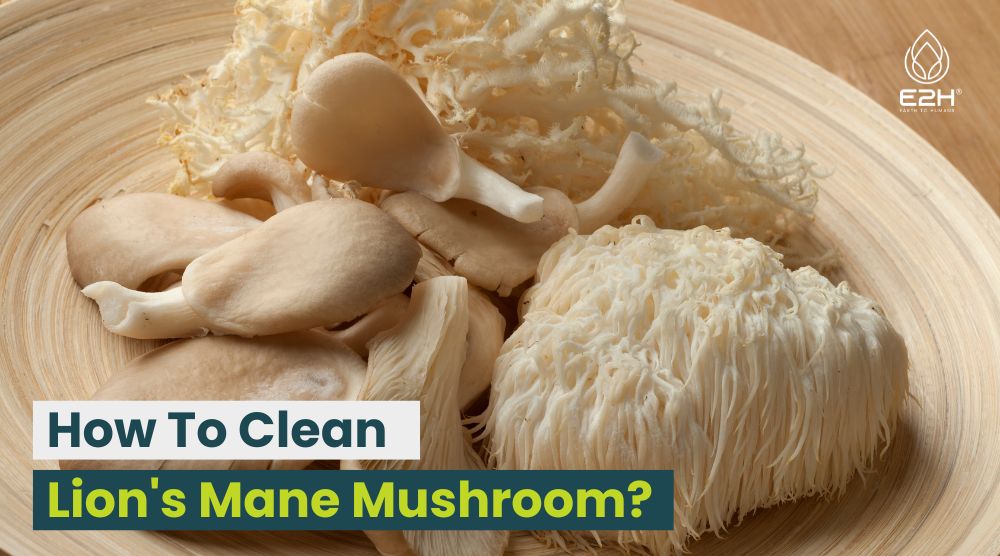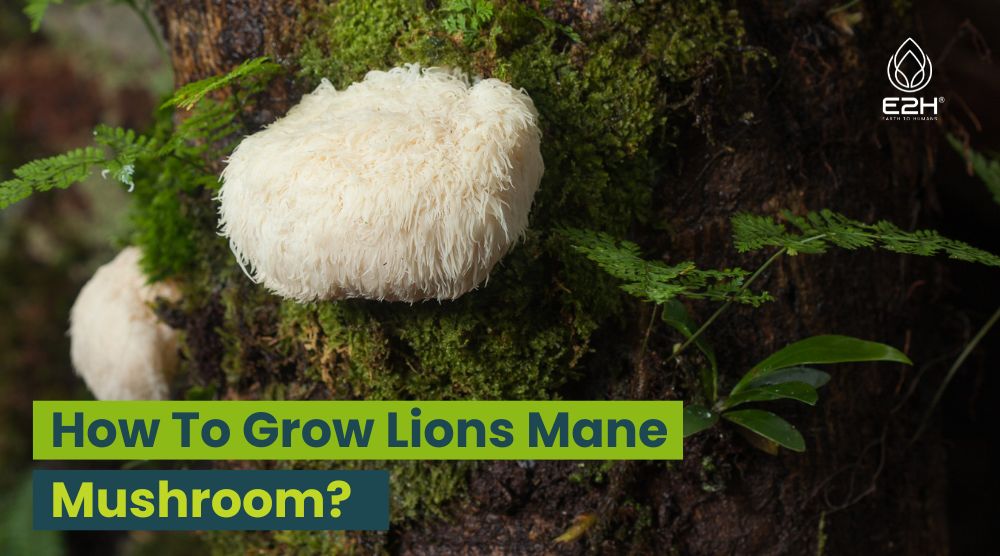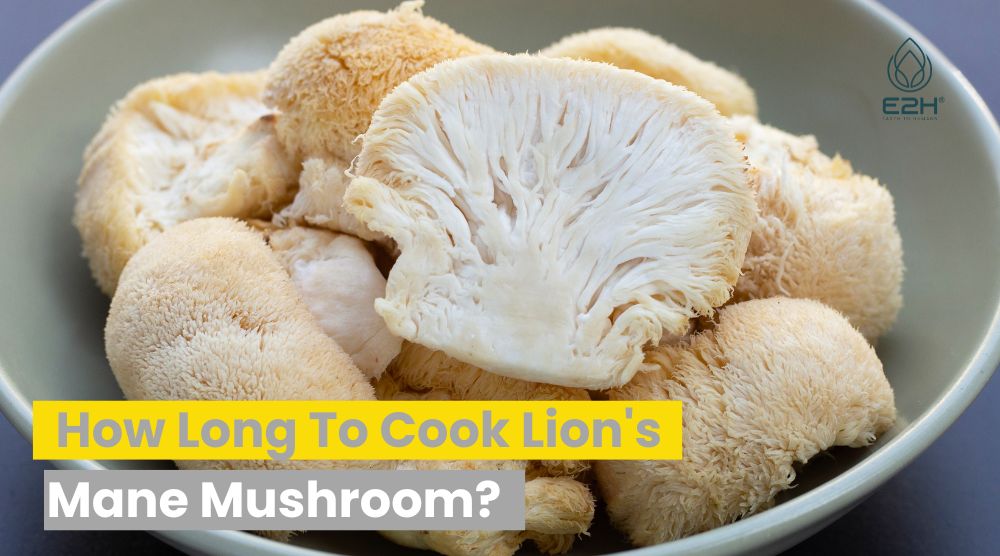Does lion’s mane mushroom cause kidney stones: No, lion’s mane mushroom is unlikely to cause kidney stones. While it contains oxalates, their levels are low, and no strong evidence links its consumption to kidney stone formation.
The Basics of Lion’s Mane Mushroom
Lion’s mane mushroom (Hericium erinaceus) is an edible and medicinal fungus known for its distinctive appearance and potential health-promoting properties. It has been used for centuries in traditional medicine, particularly in Asian cultures, to address various ailments.
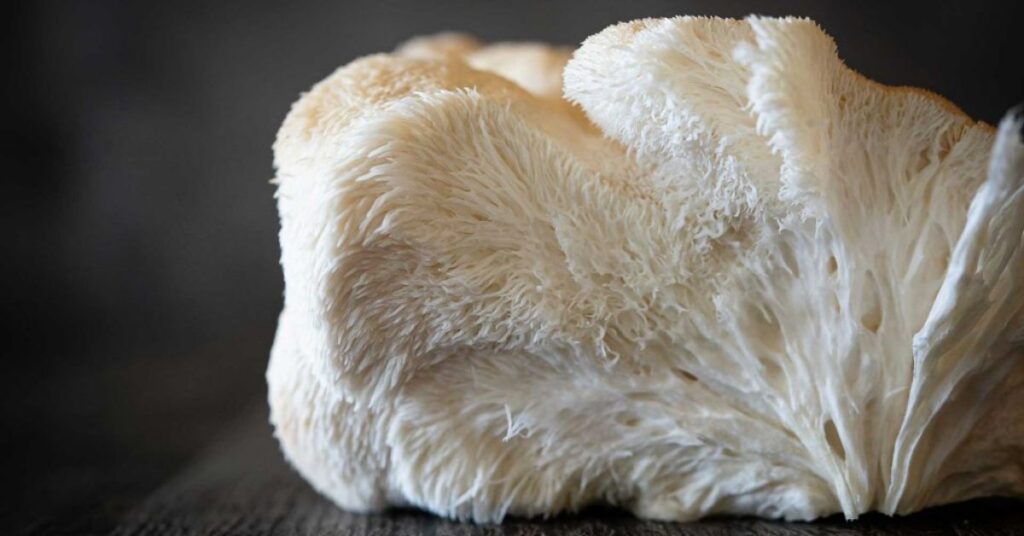
Kidney Stones: Causes and Risk Factors
Kidney stones are solid deposits that form within the kidneys, often causing excruciating pain when they pass through the urinary tract. Common types of kidney stones include calcium oxalate, uric acid, and struvite stones. The primary factors contributing to their formation include dehydration, high-sodium diets, and certain medical conditions.
Lion’s Mane Mushroom Composition
Lion’s mane medicinal mushroom contains a rich array of bioactive compounds, including polysaccharides, hericerins, and erinacines. These compounds are believed to contribute to the medicinal mushroom’s potential benefits, such immune enhancing effects such as cognitive enhancement liver cancer, and nerve regeneration.
Oxalates in Lion’s Mane Mushroom: Separating Fact from Fiction
Oxalates are naturally occurring compounds found in many foods and are known to contribute to the formation of certain types of kidney stones. While lion’s mane mushroom does contain oxalates, the very moderate oxalate levels are relatively low compared to other high-oxalate foods. Incorporating lion’s mane mushroom into your diet is unlikely to significantly increase dietary oxalate or your risk of developing kidney stones.
Is lion’s mane high in oxalates?
Lion’s mane mushroom powder does contain oxalates, but its oxalate content is not considered notably high compared to certain other foods. Unless an individual has a history of oxalate-related health issues, consuming lion’s mane mushrooms or mushroom powder with oxalate levels even in moderation is unlikely to pose significant concerns.
Potential Benefits of Lion’s Mane Mushroom
Research suggests that lion’s mane mushroom powder may offer a range of health benefits, from supporting brain health and reducing inflammation to boosting the immune system. These potential benefits have made lion’s mane mushroom powder a medicinal mushroom, a popular choice among those seeking natural alternatives for wellness.
Scientific Studies and Findings
Limited studies specifically explore the relationship between lion’s mane mushroom consumption and kidney stone formation. However, the available research does not provide substantial evidence to conclude that oral intake of lion’s mane mushroom significantly increases the risk of developing kidney stones.
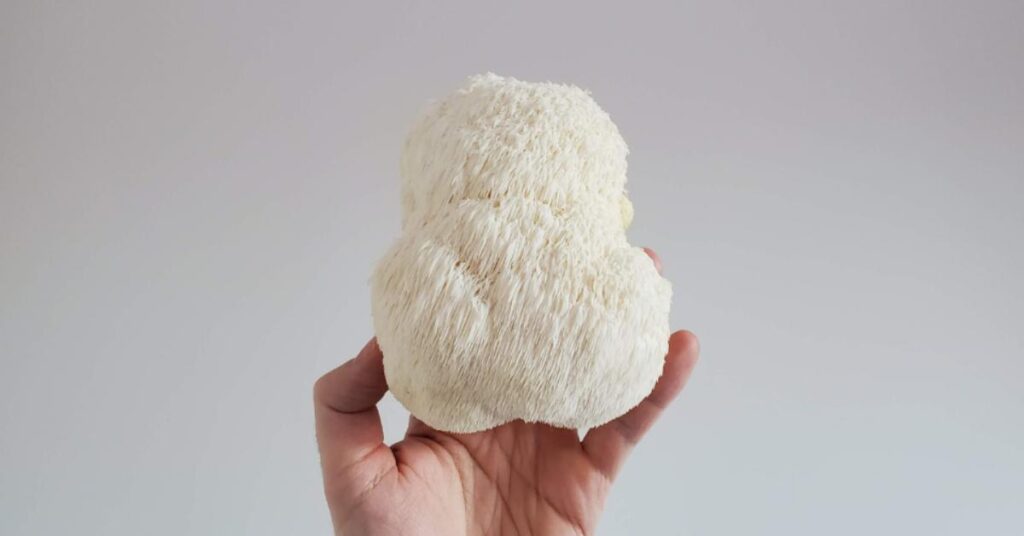
Expert Insights and Recommendations
Experts in the field of mycology alternative medicine and nutrition suggest that moderate consumption of lion’s mane mushroom is unlikely to pose a threat in terms of kidney stone formation chronic kidney disease. As with any dietary consideration, moderation is key.
Do mushroom supplements cause kidney stones?
Mushroom supplements, and edible mushrooms including lion’s mane, are generally not associated with kidney stone formation. While some edible mushrooms do contain oxalates, which can contribute to stone formation, the oxalate levels in dried mushrooms used in most mushroom supplements are relatively low. Maintaining proper hydration and a balanced diet remains crucial to kidney health.
What are the dangers of taking Lion’s Mane?
Lion’s mane is generally safe for most people when consumed in moderation. However, excessive consumption could lead to minor gastrointestinal discomfort in some cases. Additionally, individuals with allergies to mushrooms should avoid lion’s mane supplements.
Who should avoid Lion’s Mane?
While lion’s mane is safe for many, pregnant or breastfeeding women and those with mushroom allergies should steer clear. Individuals with bleeding disorders or scheduled surgeries should consult a healthcare professional before use. As always, personalized medical advice is essential, especially if you have preexisting health conditions.
What are the health risks of calcium oxalate crystals?
Calcium oxalate crystals can pose health risks when they accumulate in the body, leading to the formation of kidney stones. These stones can cause severe pain and discomfort as they pass through the urinary tract. Long-term accumulation of calcium oxalate crystals may contribute to kidney damage and impair kidney and renal function throughout, especially in individuals prone to kidney stone formation. Maintaining proper hydration and a balanced diet low in oxalate-rich foods can help mitigate these risks.
What are the health benefits of chaga mushroom?
Chaga mushroom (Inonotus obliquus) is renowned for its potential health benefits. Rich in antioxidants, it may boost the immune system, against cancer cells reduce inflammation, and provide support against oxidative stress. . Chaga mushroom mushrooms is also believed to enhance physical endurance and promote healthy skin. However, rigorous scientific studies on humans are limited, and while the wild chaga mushroom shows promise, more research is needed to validate its full range of potential benefits.
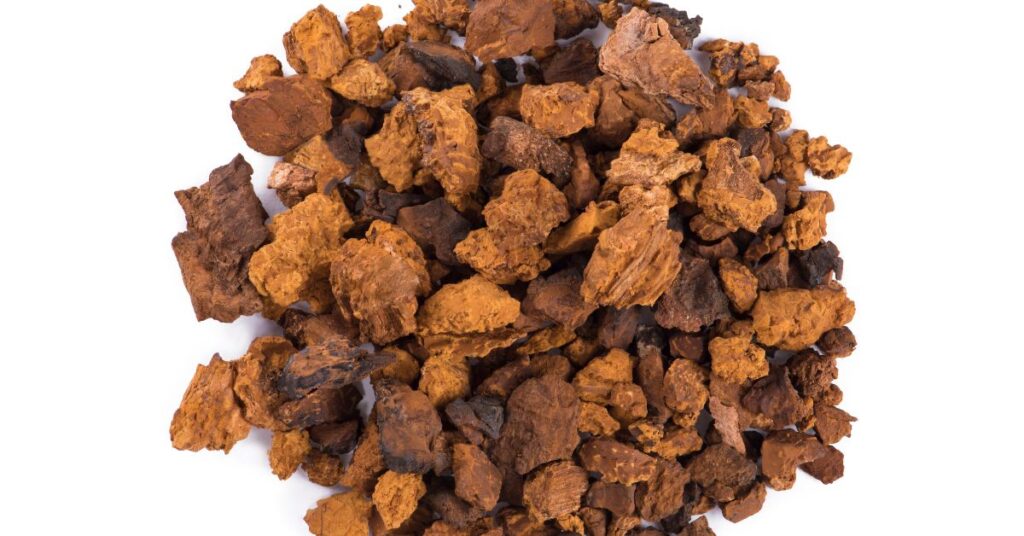
What are the different types of medicinal mushrooms?
Numerous medicinal mushrooms offer diverse health-promoting properties. the Reishi mushroom supports immunity and stress management. Cordyceps enhances endurance and respiratory function. Turkey tail is researched for its immune-boosting effects. Shiitake contains compounds that support heart health. Maitake may help regulate blood sugar.
Lion’s mane shows potential for cognitive support. the Chaga mushroom boasts antioxidant properties. Combining these mushrooms, each with unique bioactive compounds, can provide a comprehensive approach to wellness. However, individual responses vary, and consulting a healthcare professional is advised before integrating them into your health regimen.
Lion’s Mane Mushroom for Anxiety and Brain Function | Does Lion’s Mane Work?
FAQs
Can lion’s mane mushroom consumption lead to kidney stones?
No, the current scientific evidence does not support a strong link between lion’s mane mushroom consumption and an increased risk of kidney stone formation.
What are the primary risk factors for kidney stone development?
Dehydration, high-sodium diets, obesity, and certain medical conditions are among the primary risk factors for kidney stone formation.
Is lion’s mane mushroom consumption safe for individuals with a history of kidney stones?
While individual reactions may vary, moderate consumption of lion’s mane mushroom is generally considered safe for individuals with a history of kidney stones. However, consulting a healthcare professional is recommended.
Conclusion
As the interest in natural remedies continues to grow, it’s essential to approach health-related claims with a critical and informed mindset. When it comes to lion’s mane mushroom and kidney stones, the existing scientific literature does not establish a clear connection between the two. While lion’s mane mushroom contains oxalates, their levels are relatively low, and the broader benefits of this mushroom seem to outweigh the potential concerns. As with any dietary consideration, moderation remains a prudent approach. If you have a history of kidney stones or any underlying medical conditions, it’s advisable to consult your healthcare provider before making significant changes to your diet or supplement regimen.
